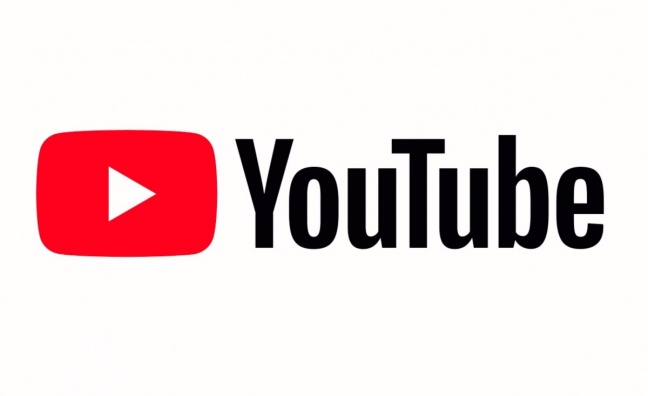YouTube CEO Susan Wojcicki has warned creators on the platform that Article 13 “poses a threat to your livelihood”.
Writing in the latest update on the video upload service’s 2018 priorities, Wojcicki gave an alarming assessment of the impact of the measures in the EU copyright directive, which was approved by MEPs last month.
Wojcicki outlined the power of YouTube for artists, with channels boasting more than 1 million subscribers increasing by 75%.
“Each month, more than one billion fans come to YouTube to be part of music culture and discover new songs and artists,” said Wojcicki, who sounded a warning over Article 13’s measures to impose licensing restrictions on uploaded user content.
“All of this is possible because of the creative economy powered by you,” she said. “However, this growing creative economy is at risk, as the EU Parliament voted on Article 13, copyright legislation that could drastically change the internet that you see today.
“Article 13 as written threatens to shut down the ability of millions of people - from creators like you to everyday users - to upload content to platforms like YouTube. It threatens to block users in the EU from viewing content that is already live on the channels of creators everywhere.”
Wojcicki focused particularly on the impact she anticipated for independent and self-releasing acts. The platform recently partnered with the MMF.
She added: “This legislation poses a threat to both your livelihood and your ability to share your voice with the world. And, if implemented as proposed, Article 13 threatens hundreds of thousands of jobs, European creators, businesses, artists and everyone they employ. The proposal could force platforms, like YouTube, to allow only content from a small number of large companies. It would be too risky for platforms to host content from smaller original content creators, because the platforms would now be directly liable for that content.
“We realise the importance of all rights holders being fairly compensated, which is why we built Content ID , and a platform to pay out all types of content owners. But the unintended consequences of article 13 will put this ecosystem at risk. We are committed to working with the industry to find a better way. This language could be finalized by the end of year, so it’s important to speak up now.”
Wojcicki urged content creators to speak out using the #SaveYourInternet hashtag as any legislation is formulated.
While the industry backed Article 13, YouTube has increasingly worked with labels and publishers to support new talent and roll out its premium subscription service.
YouTube Music is now in the UK, Ireland, Germany, Austria, France, Italy, Spain, Sweden, Norway, Finland, Russia, Canada, Denmark, Belgium, the Netherlands, Luxembourg and Brazil.











